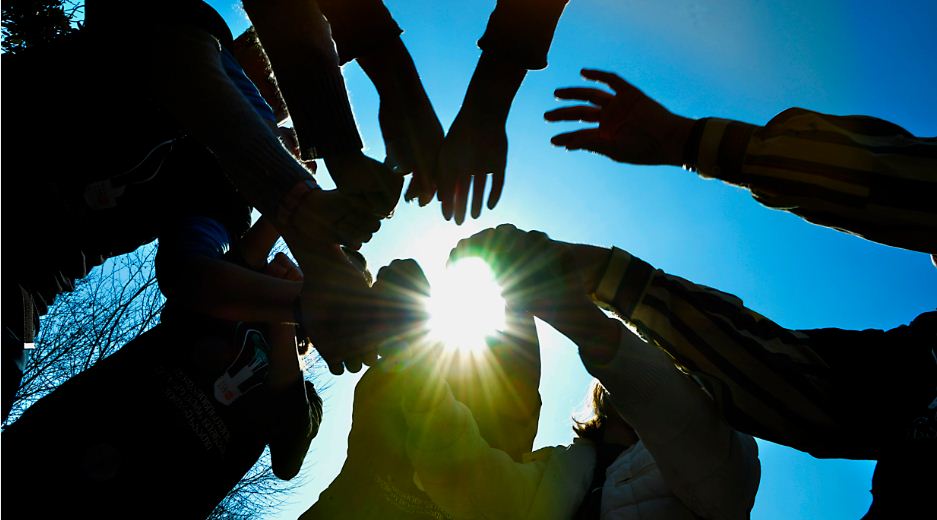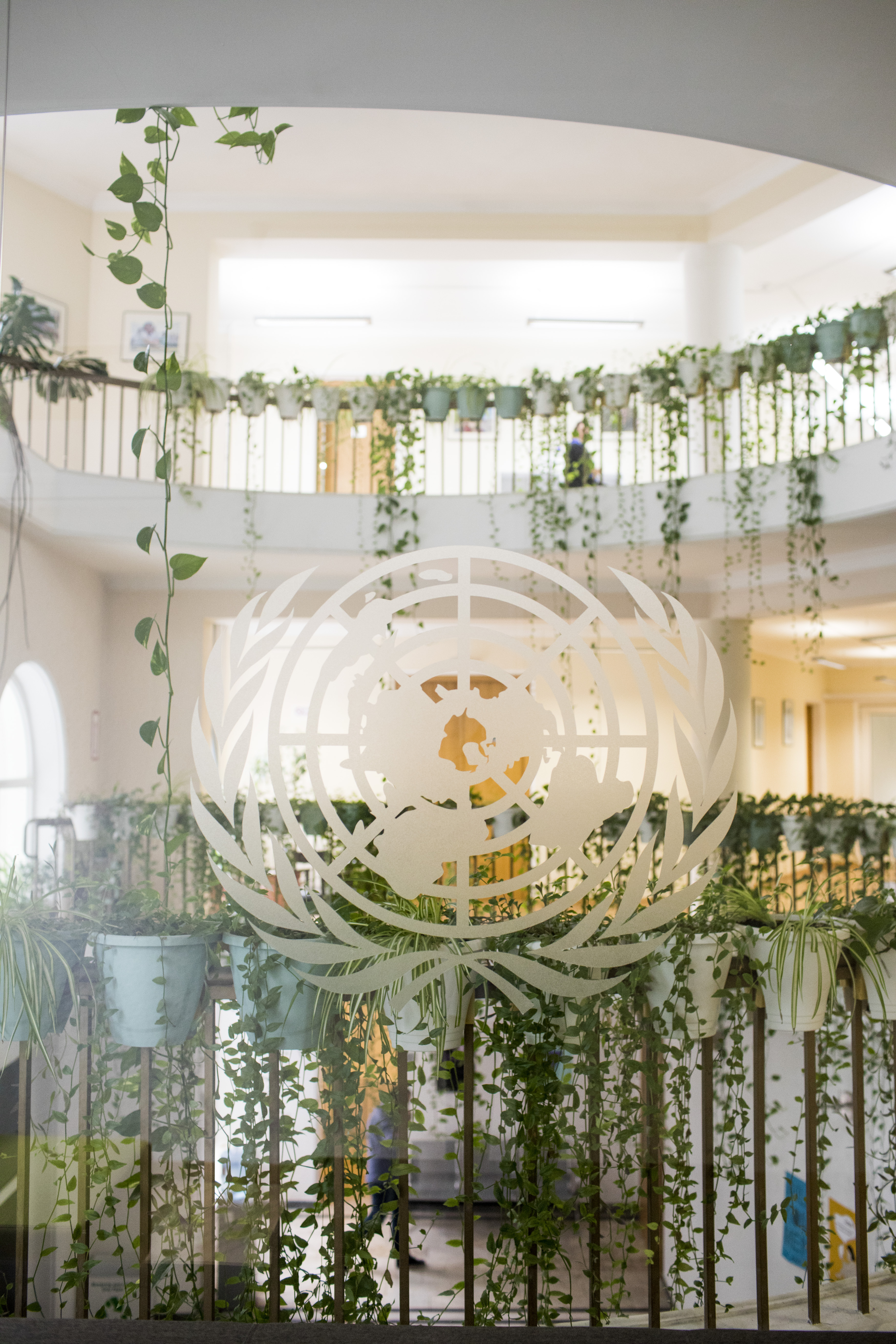UNDP research seeks to understand behaviour of passive “bystanders” in Georgia
Photo: UNDP
People who witness domestic violence in Georgia but fail to intervene either don’t feel they have the authority to act or don’t know how to help the victims, according to new research conducted by the United Nations Development Programme (UNDP) in partnership with the UN Women and the Embassy of the Czech Republic.
With studies showing that one in seven women in Georgia is a victim of domestic violence, the effort to assist survivors, improve reporting to the police and step up prosecution of the perpetrators is an obvious priority for national authorities. As in other contexts, in Georgia “bystanders” – whether relatives, friends or neighbours – are generally aware the abuse is happening. Yet all too often they refrain from acting. To try to change this pattern, UNDP first set out to find out why.
Based on 400 personal narratives of people who witnessed cases of domestic violence, the research showed that half of the respondents chose to intervene in one way or another, and that most of them believed their decisions led to positive results for the victim. But what about the other half, who remained passive? The most common explanations here were that respondents did not know what to do to help or did not feel it was their place to do anything. As well, in many of the specific narratives, respondents pointed to the unwillingness of the victims to accept their help or to involve the police.
“The research confirms our assumption that a large share of the public still views domestic violence as a private ‘family matter,’ rather than a crime that merits police intervention,” said UNDP Head Louisa Vinton. “Unfortunately, this attitude is costing lives. We aim to use the findings to shape measures that will encourage more bystanders to sound the alarm.”
“One in seven women in Georgia reported having experienced domestic violence in their lifetime. This research presents some answers on what can trigger bystanders to take action, what may be stopping them from intervention and how they can help gender-based violence survivors,” said Petr Mikyska, Ambassador of the Czech Republic to Georgia.
Intriguingly, a large share of those who did take action chose to confront the perpetrator directly, whereas only a small minority (23 percent) contacted “112” or another emergency number to seek police assistance. Among the explanations, 22 percent said they didn’t know who to ask for assistance, and another 29 percent believed the emergency services would not be helpful. Although the number of calls to “112” reporting domestic violence rose from 5,500 in 2013 to over 18,000 in 2016, the research suggests a need for enhanced outreach and communication by the emergency services.
The research included interviews in Tbilisi as well as Guria and Kakheti regions. It was conducted jointly by two UN agencies, UNDP and UN Women, in partnership with the UK’s Behavioural Insights Team and the Public Service Development Agency at the Ministry of Justice of Georgia. It was funded by the Czech and Danish Governments.
Today’s presentation was part of the “16 Days of Activism” that the UN is undertaking between 25 November and 10 December under the slogan, “Every Woman Has a Story,” reflecting the alarming prevalence of violence against women.
Media contacts
- Sofia Kamushadze, Embassy of the Czech Republic in Tbilisi, +995 577 557 578, sofia_kamushadze@mzv.cz
- Sophie Tchitchinadze, UNDP, +995 599 196907, sophie.tchitchinadze@undp.org
- Magda Nowakowska, UNDP, +995 598 822544, magdalena.nowakowska@undp.org

 Locations
Locations










